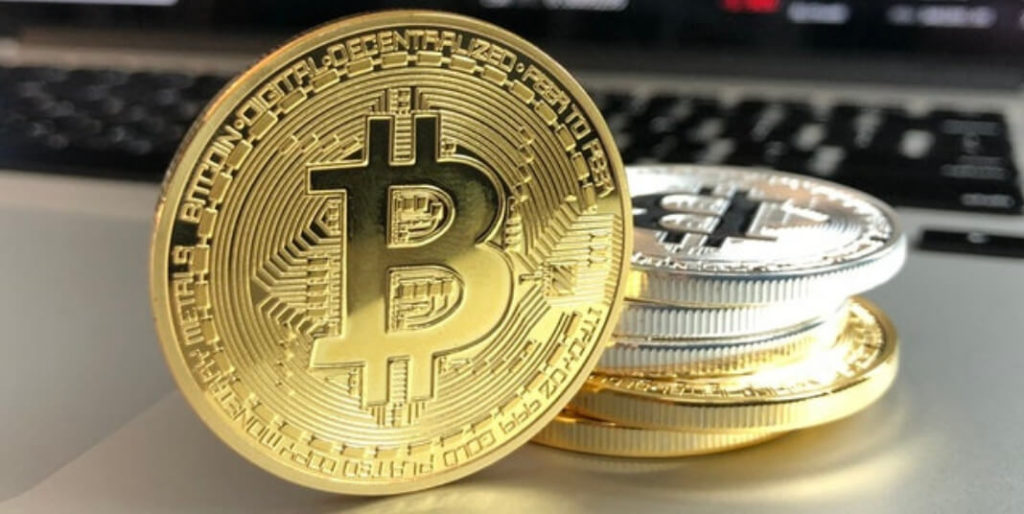
Many people consider Bitcoin as the steppingstone in the evolution of money. Since Bitcoin is new to us, it is common for the definition to be challenged and contrasted with conventional currencies.
Money is the most significant thing that can mold humans in society. Either conventional or Bitcoin, there is an obvious difference between the two. However, they both provide opportunities and serves the same usage in different ways. What makes bitcoin quality good? Is it not centralized? Are there institutions that are controlling it? Does the owner have the power to manipulate it? The Bitcoin system begins in the year 2009. Since then, Bitcoin has caught huge attention. As a substitute for the US dollar, Euros, and commodity currencies, it has generated controversy.
Bitcoin has become an attractive investment for all. But what differentiates Bitcoin from traditional money?
Both are appropriate for payments and as a store of value. They also both rely on widespread consumer trust so that it will function.
- Conventional money exposes the owner’s data, unlike Bitcoin, where the user remains anonymous
- Without disclosing the user’s identity, Bitcoin activities are all listed in public.
- Bitcoin is a type of money that is digital rather than notes and coins on paper. Data storage is achieved by means of digital code. It is accessible via various applications and software as well. The paper money depends on the government and stuff like gold, whereas bitcoin hasn’t.
- Being decentralized is what makes bitcoin quite different from traditional currencies. This allows bitcoin to function independently.
- Bitcoin also has a peer-to-peer platform that functions regardless of the situation. By removing the fees and processing times, it helps lower the cost of using the system. Because of this, bitcoin is subject to deflation.
- Bitcoin also has its transaction forever recorded on a public ledger. Transactions are handled over the internet, with public addresses used. The goal is to let people instantly transfer money and save on fees by cutting out the middleman. It could innovate the way on how we send and receive money overseas.
- As an intermediary, Bitcoin serves. It helps you, and not the business itself, to trade with other users. There is greater liquidity here. You always have a fair chance that you will find someone willing to trade with you.
- Bitcoin doesn’t have jurisdiction. This implies that it does not rely on any political or economic circumstance for its importance. It exists outside of the traditional system.
- Bitcoin also introduces a new dimension of programmability. Bitcoin attached smart contracts on programs that will work only to certain conditions.
In contrast, Traditional Money is:
- It is sustained by the Financial Authority of a country.
- The currency is conventional money.
- Traditional cash is the central bank deposits of banks and other institutions. It is also that money that can meet the needed requirements of different banks. Traditional currency is useful and convenient following some aspects.
- Moreover, these currencies depend on centralized entities, such as commercial banks, central banks, governments, and other intermediaries. Unlike bitcoin, there is no limit to the number of currencies prepared.
- Insufficient currency affects buyers and sellers that results in inflation.
We get the benefits and differences of bitcoin over the traditional currency. There is a huge difference between the two, especially in the way it serves its purpose.
The existence of bitcoin changes the concept of money. Bitcoin proved that it could seize the complex process of using traditional money. Using Bitcoin could lead to the speedup of transaction times. Bitcoin also cut costs and becoming the fastest way to transfer money available. To know more about Bitcoin, read more here.